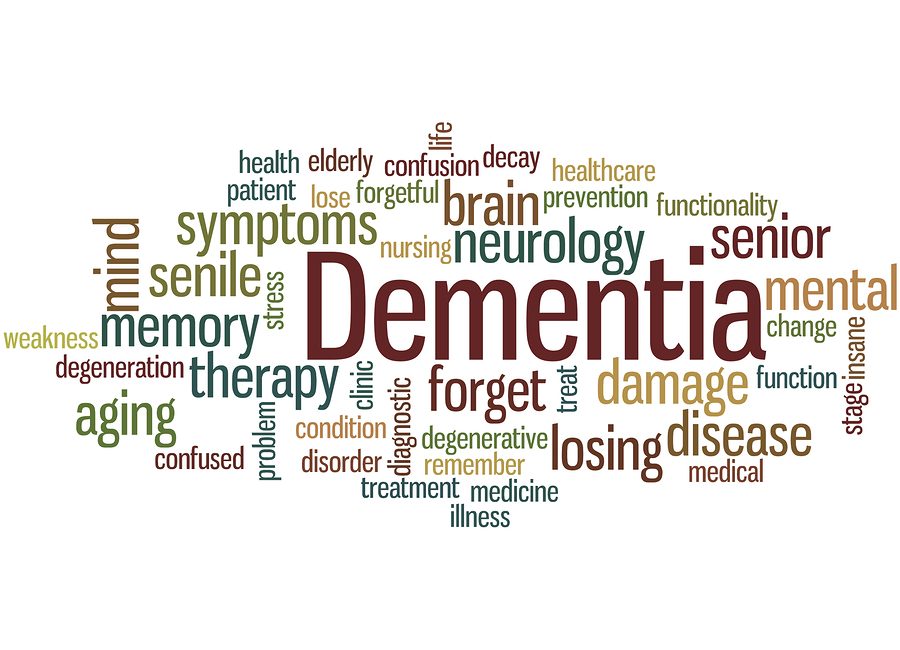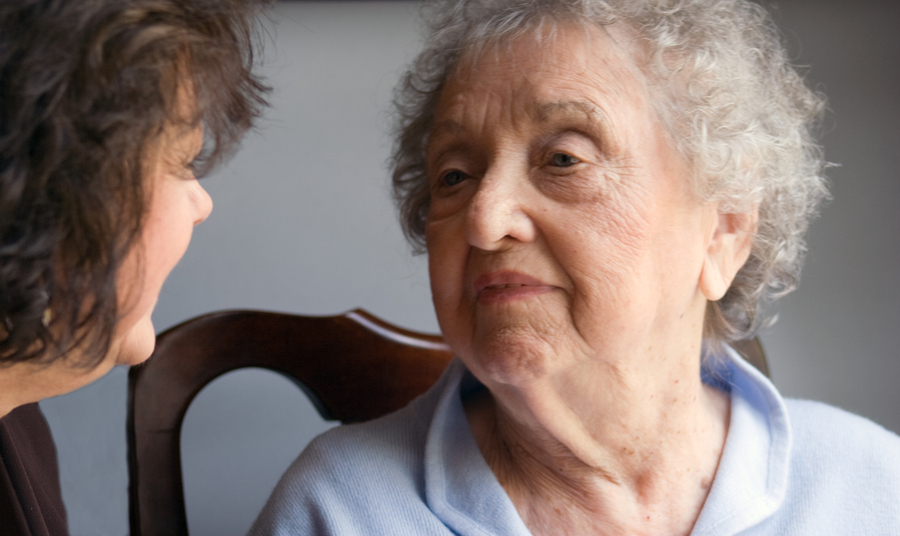If your elderly loved one is still living independently, you may feel reassured that they can manage daily life on their own. However, independence doesn’t always mean there are no challenges. Even when family members visit regularly or check in by phone, it can be difficult to recognize when something more serious is going on. That’s one reason why the early signs of dementia often go unnoticed until symptoms become harder to ignore. Having the right awareness, along with resources like home care, can help your loved one remain safe and supported while continuing to live at home.
Why Dementia Can Be Overlooked
Many families attribute early memory slips or behavioral changes to natural aging. Occasional forgetfulness, fatigue, or distraction may seem harmless at first. But when these patterns persist or grow more pronounced, they can signal the beginning stages of dementia. Understanding what to look for can make all the difference in getting your loved one the support they need sooner rather than later.
What is Dementia?
Dementia is not a single disease but rather a broad term for conditions that affect memory, thinking, behavior, and emotional regulation. Alzheimer’s disease is the most common form, but there are many others. While genetics and lifestyle can increase risk, dementia can impact anyone, regardless of background or history.
Because dementia is progressive, symptoms typically begin subtly and worsen over time. For some, the progression is gradual, stretching across years. For others, changes may escalate more quickly. The trajectory is unique to each person, which is why early recognition is essential.
Five Early Dementia Symptoms
Although symptoms vary from person to person, there are some common signs that can point to early dementia. When these begin to disrupt daily life or appear with increasing frequency, it may be time to seek evaluation.
Memory Loss
Forgetting details occasionally is normal, but dementia-related memory loss is more disruptive. At first, it may appear as short-term forgetfulness—like leaving the oven on, forgetting to bring the dog inside, or not remembering a recent appointment. Over time, this can extend to forgetting how to perform basic tasks like dressing or toileting.
Difficulty Performing Daily Tasks
Activities that were once routine may suddenly become overwhelming. Managing bills, preparing meals, or shopping for essentials may fall by the wayside, creating risks for both safety and well-being.
Getting Lost
Getting turned around in a new place can happen to anyone. But for someone with dementia, getting lost on a familiar walk or while driving to a lifelong place of worship can be a significant red flag.
Loss of Good Judgment
Seniors may begin making unusual or illogical choices, such as buying unnecessary or expensive items, or wearing winter clothing in the middle of summer.
Mood Swings or Emotional Changes
While emotions can fluctuate for many reasons, sudden and unexplained changes are common in dementia. A loved one may cry for no reason or express anger disproportionate to the situation.
Other Subtle Signs to Watch For
Beyond the five major early symptoms, there are smaller shifts that may also indicate changes in cognitive health. Keep an eye out for:
- Repeating the same questions multiple times.
- Trouble finding the right words in conversation.
- Misplacing everyday items in unusual places (like the TV remote in the refrigerator).
- Withdrawing from hobbies or social activities they once enjoyed.
These additional signs, combined with the major symptoms, can help families notice dementia earlier and take appropriate action.
How Home Care Can Help
In the early stages of dementia, many seniors can still live at home with the right level of support. They may need assistance with driving, cooking, or personal routines, but maintaining familiar surroundings can bring comfort and reduce stress. This is where home care becomes especially valuable.
Professional support can provide:
- Help with daily living activities such as meal preparation, grooming, or medication reminders.
- Assistance with errands and transportation to appointments.
- Companionship to reduce isolation and encourage engagement.
- Safety oversight to prevent accidents or missed responsibilities.
With these supports in place, your loved one can continue enjoying independence while minimizing risks. A reliable home care provider not only helps with tasks but also brings peace of mind to families.
Dementia Resources for Families in Eagan, MN
Families in Eagan, Minnesota, don’t have to navigate dementia alone. In addition to medical care, there are local organizations and resources that provide education, community, and emotional support:
Alzheimer’s Association – Minnesota–North Dakota Chapter
Offers support groups, a 24/7 helpline, and educational programs for families.
Eagan YMCA Community Programs
Provides senior fitness, wellness, and social programs that can benefit individuals with early-stage dementia.
Dakota County Library – Wescott Library (Eagan)
Hosts educational workshops, memory cafés, and resources for caregivers and seniors.
Eagan Senior Center
Offers activities, social engagement, and support programs tailored to older adults and their families.
These local supports complement in-home services by offering education, connection, and opportunities for engagement.
Final Thoughts
Recognizing the early signs of dementia can be difficult, but awareness makes it possible to take action sooner. Symptoms such as memory loss, poor judgment, or sudden mood swings are not just a normal part of aging. With early recognition, seniors can access resources, support, and services that help them maintain independence longer.
Whether through community programs or the assistance of home care, families can create a safe and supportive environment where their loved one can continue living a meaningful life at home.
If you or an aging loved one are considering home care in Eagan, MN, and the surrounding areas, please contact the friendly staff at CareBuilders at Home Minnesota. Call today 612-260-2273.









